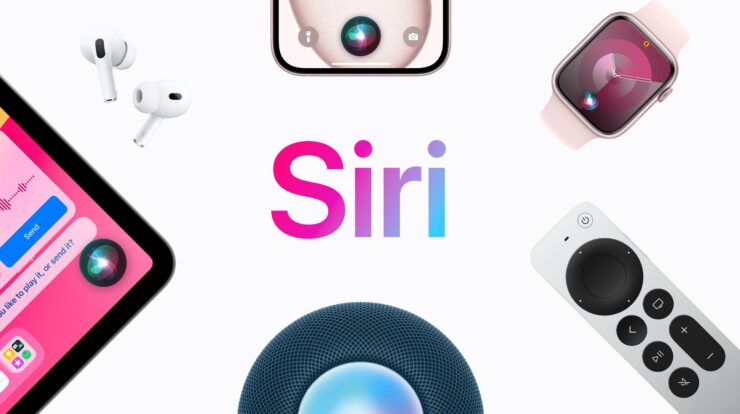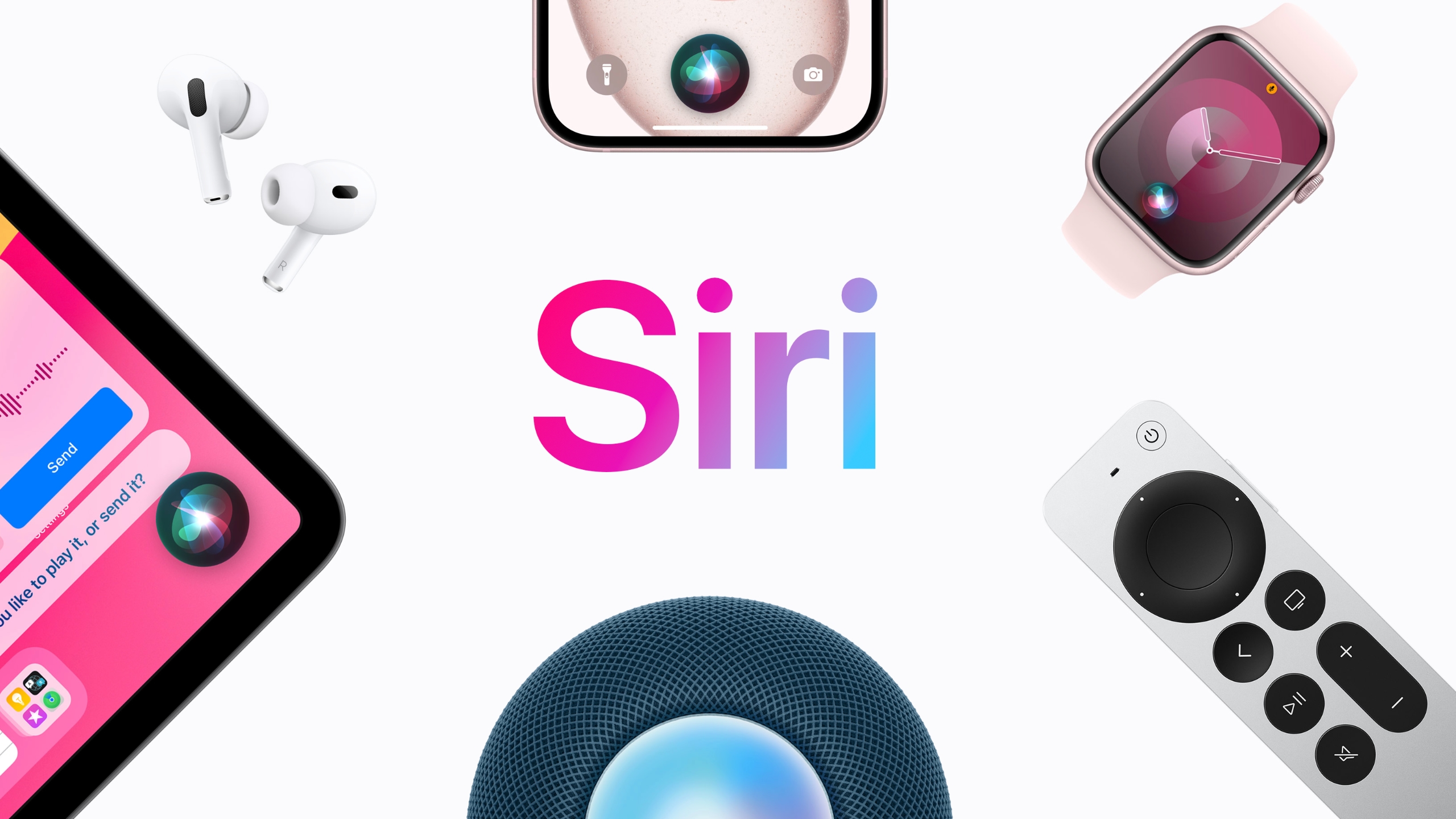
If you purchased an Apple device in the last 10 years, you might be able to receive some of the money from the company’s
recently settled spying lawsuit
The initial lawsuit alleged that Apple was collecting private data through its Siri voice assistant without obtaining user permission, and
sending it to third-party contractors
. The company agreed to settle the case for $95 million in January 2025, and thanks to
the updated landing page for the agreement
, there’s now a way to file a claim on your own.

To file a claim, you you need to have bought an “iPhone, iPad, Apple Watch, MacBook, iMac, HomePod, iPod touch or Apple TV” between September 17, 2014 and December 31, 2024, and believe Siri accidentally activated on your device during a private conversation. From the $95 million Apple is paying out, you can receive up to $20 per device you believe called up Siri, provided you swear under oath it happened.
You have up to July 2, 2025, to file your claim. Should you be eligible for the settlement, you might have already gotten notification containing details about your Claim Identification Number and Claim Confirmation Code. If neither of these has reached you yet but you think this settlement pertains to you, feel free to file a claim independently.
Apple claims that Siri was designed with protecting users’ privacy in mind, and agreeing to share data to improve the voice assistant — through your device’s Privacy & Security settings — never uses audio recordings or transcripts for anything other than training. In the case of newer devices, voice data is processed locally anyway, so agreeing to share your data is supposed to be the only way Apple could ever access it.
With the increasing emphasis on artificial intelligence and the substantial quantities of data required for its training, it is justified to question the origins of the training materials used by various companies. While Apple leans towards obtaining customer consent, the corporation has sought alternative sources to support its needs.
AI research
along. For example,
Apple recently disclosed
that it will start using the images captured for its Street View-esque feature in Apple Maps to train its models.






